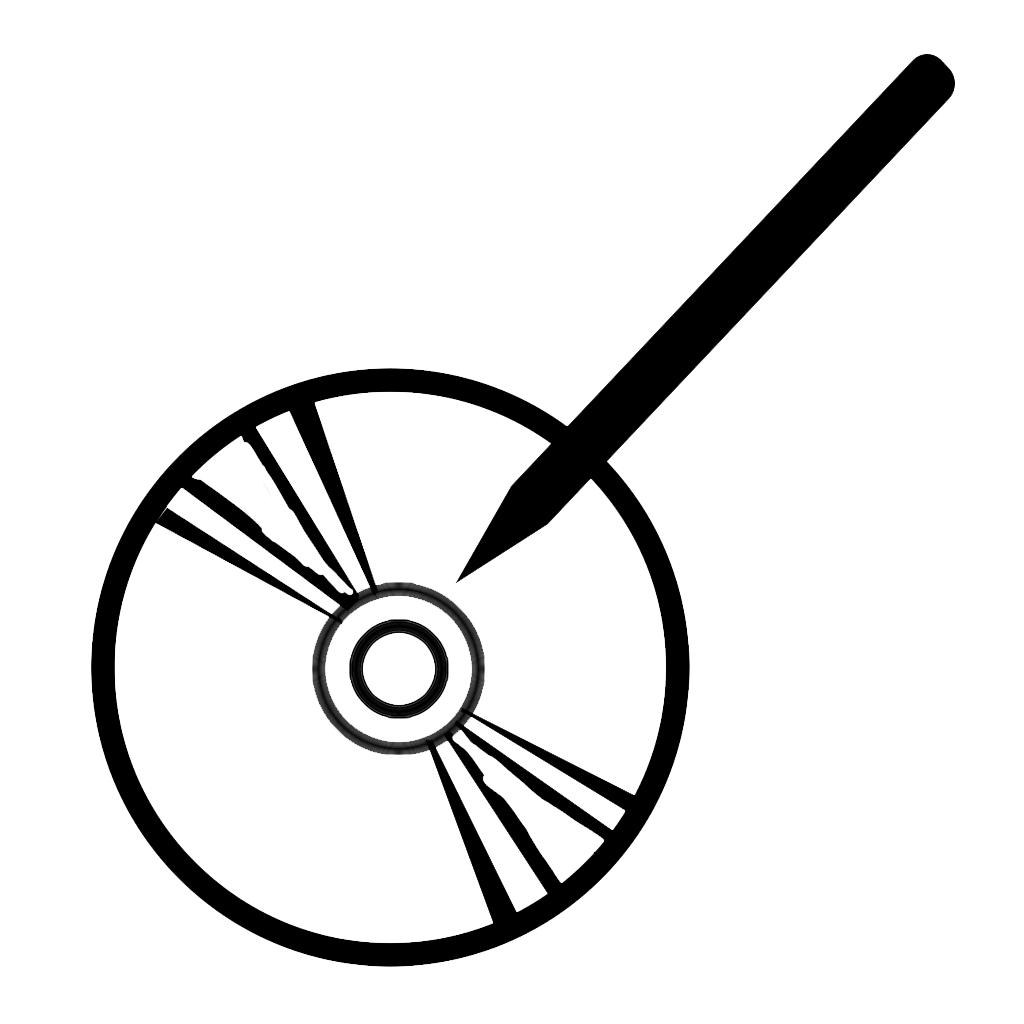The big moment. Your game is on Kickstarter. You wait anxiously to see the backers come in.
… then you realize this will go on for a few weeks, and go back to bed.
Firstly, the beginning of your Kickstarter campaign says a lot. Typically, most people agree that the funding of a campaign is strongest at the beginning and ending of the campaign period. In particular, if you don’t get any backers in the first 48 hours of your campaign, then you will probably fail, either because the game isn’t as strong as you thought it would be, or because you need to spread the word out better.
Similarly, if you aren’t at least halfway to funding before the last week of your campaign, things aren’t looking good.
But chances are, you will get some backers. If you look at some of these backers, you’ll learn that there are hundreds of Kickstarter fans who back projects regularly, to the point of backing hundreds of projects. But it still counts, so be grateful for these people, just don’t let it get to your head.
A couple people liked to give me comments on how to improve the campaign, and while I sometimes disagreed, they ultimately made the campaign much better and I am grateful for them.
Post updates once or twice a week. Avoid changing your main page or your promises too much during the campaign.
And I should have told you before: try to plan your campaign from start to finish before you run it. Plan what updates you’ll post, plan what images or videos you’ll share. It’s faking real time developments, and it might feel fake to you, but helps a lot to organize yourself. If you have important updates you want to reveal, set that before launching the project.
As you come close to ending the campaign, send out emails thanking backers for their support. It’s the least you can do.
And when the Kickstarter ends…
If you are successful:
Well done! You got the funding you needed. You have a audience of supporters. You can brag about this for years.
… and now you have to fulfill your promises.
“…You got the funding you needed… and now you have to fulfill your promises… if there was any doubt that you can’t deliver, then you shouldn’t be on Kickstarter.com… “
This goes back to my previous posts. If there was any doubt that you can’t deliver, then you shouldn’t be on Kickstarter.com. If you can, then prepare to dedicate more time to making this the best game it can possibly be, and try to meet the deadlines you’ve set for yourself. Continue posting updates to your fans. If you have to, consider quitting your job to pursue this, because you just proved you have a talent and that this is a viable way for you to make a living.
If you are not successful:
There are different reasons to why this would be the case. Maybe your game isn’t a good idea. Maybe it is a good idea, but not well-formed yet. Maybe it is a good idea, but you haven’t convinced anyone you are the right developer to make it happen. Maybe your funding goal was too high.
It’s probably a mix of reasons. Sit back and ponder what you could have done differently. There is no sure way to guarantee that a Kickstarter campaign will succeed or fail. You can probably find several examples yourself of successful campaigns that did well purely because of name recognition. You can also find several campaigns with name recognition that don’t come close to reaching their goal (usually because the goal was far too high). You can find unknown indies reach high goals, and other talented indies not getting many backers. You’ll find campaigns you recognize from popular sites and news articles not reach their goal, but others you’ve never heard of making double what they need. For all the preparing you’ve done, the best you can do is hope that your game would connect somehow with dedicated backers. There are always things you could have done better, but you can safely say that it isn’t all your fault.
But does not meeting your goal mean you failed? No, of course not! More people now know your game exists, and some are probably excited to play it one day. Your drive to use Kickstarter makes you stand out in front of people when seeking job opportunities (you think I’m kidding, but it’s actually worked for me… you’d be surprised at what game and tech companies contacted me after my Kickstarter campaign failed). You’ve gained valuable experience. You’ve made valuable contacts.
And of course, what knowledge you’ve gained from this will help you the next time. Some of my backers are looking forward to me trying again once more. And I will… maybe sooner then you think. But not until I’m ready.
No matter how you look at it, you can’t fail a Kickstarter campaign. I hope these articles have helped you as you think about pursuing your goals. Succeed or fail, if you keep trying, you’ll get there one day.


Thank you for writing up your Kickstarter experiences. Humble, genuine and full of tangible retrospective advice.
I think your strategy here is wise and realistic – “parallelism”. These activities make sense for the sake of the project, not just for the sake of the Kickstarter campaign.
Great article. I especially liked the part about how to take criticism – this is something I still will have to get used to if I ever want to be taken seriously. I’m usually the type to kind of shy away from comments or asking for a lot of feedback because I’m afraid of what people may say, but what you said makes me feel a lot better about it.